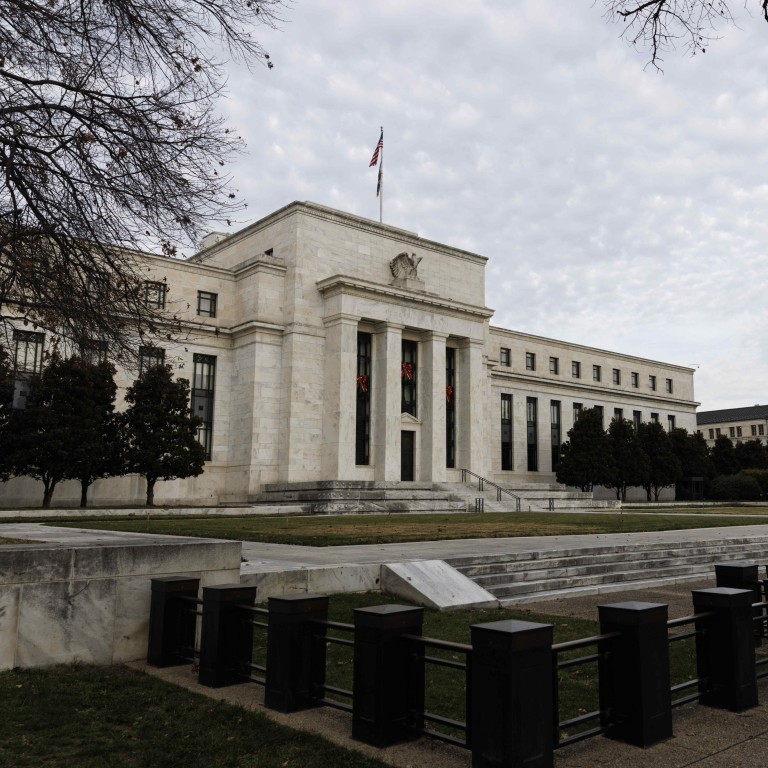
China urged don’t dismiss ‘negative impact’ of US interest rate hike out of hand
- The US central bank last week signalled it is likely to raise interest rates in March, while also reaffirming its plans to end its bond purchases
- Li Yang, a former vice-president of the Chinese Academy of Social Science, responded to a series of recent comments by people worried about the looming US policy changes
A change in monetary policy by the US Federal Reserve will have a “negative impact on the world”, including China, and should not be “dismissed”, according to a top Chinese researcher.
“I think it’s best for everyone not to dismiss it lightly, especially not to make contemptuous comments on the US monetary authorities and their monetary policies,” said Li Yang, a former vice-president of the Chinese Academy of Social Sciences.
“It should be clearly recognised that, as the world’s largest professional monetary authority on the front line, the Federal Reserve is much more familiar with the situation in the United States than we are, and its experience is also much richer, and its theory is much more mature.”
What did China’s economic, financial health check with the IMF reveal?
China exercises strict capital controls in planning its economy to manage the yuan’s exchange rate, its international balance sheet and the size of its foreign exchange reserves.
President Xi Jinping earlier this month called for countries to strengthen their economic policy coordination and prevent the world economy from falling again, urging central banks in the West not to hike interest rates too fast to fight inflation.
“They would present challenges to global economic and financial stability, and developing countries would bear the brunt of it.”
One major negative spillover could be a weakening of the currencies of developing countries, which could trigger capital outflows and a decline in the value of local currency-denominated assets, Li said.
“The outcome is that the costs of development will rise while the momentum of development will fall. This means that the shrinking of the Fed’s balance sheet will have a greater negative impact on the rest of the world,” Li added in his opinion article which was published on Sina.com on Friday.
“As the world’s largest developing country, China must be prepared to deal with the impact of the shrinking of the Fed’s balance sheet.”
Li also said that given intensifying competition with the US, China needs to be prepared to leverage all its policy tools and implement measures as early as possible to keep its economy growing at a relatively high rate, while policies that are not conducive to economic stability should not be pushed.
The reason why the United States lists China as its main competitor is that China’s gross domestic product will one day surpass that of the US
“The reason why the United States lists China as its main competitor is that China’s gross domestic product will one day surpass that of the US,” said Li, who is now the chairman of Beijing-based think tank the National Institution for Finance and Development.
Li also highlighted his concerns over the timing of some of China’s regulatory clampdowns in various sectors such as energy, education and real estate because rolling out the measures at the same time hurt employment, adding pressure to the economy.
“When adjusting policies and promoting reforms, we must grasp the timing, degree, and effectiveness,” Li said. “Don’t turn a long battle into a frontal assault.”

